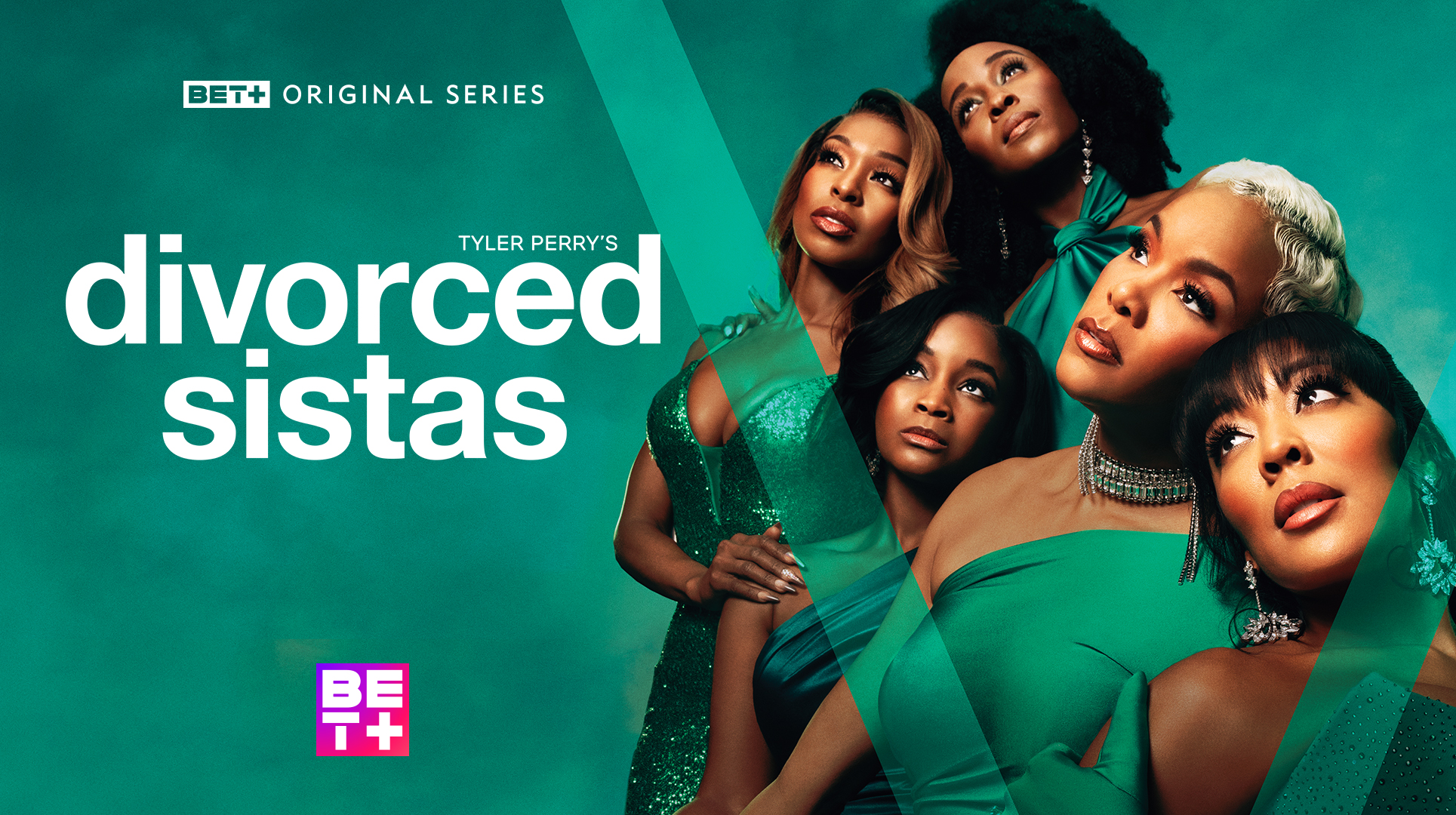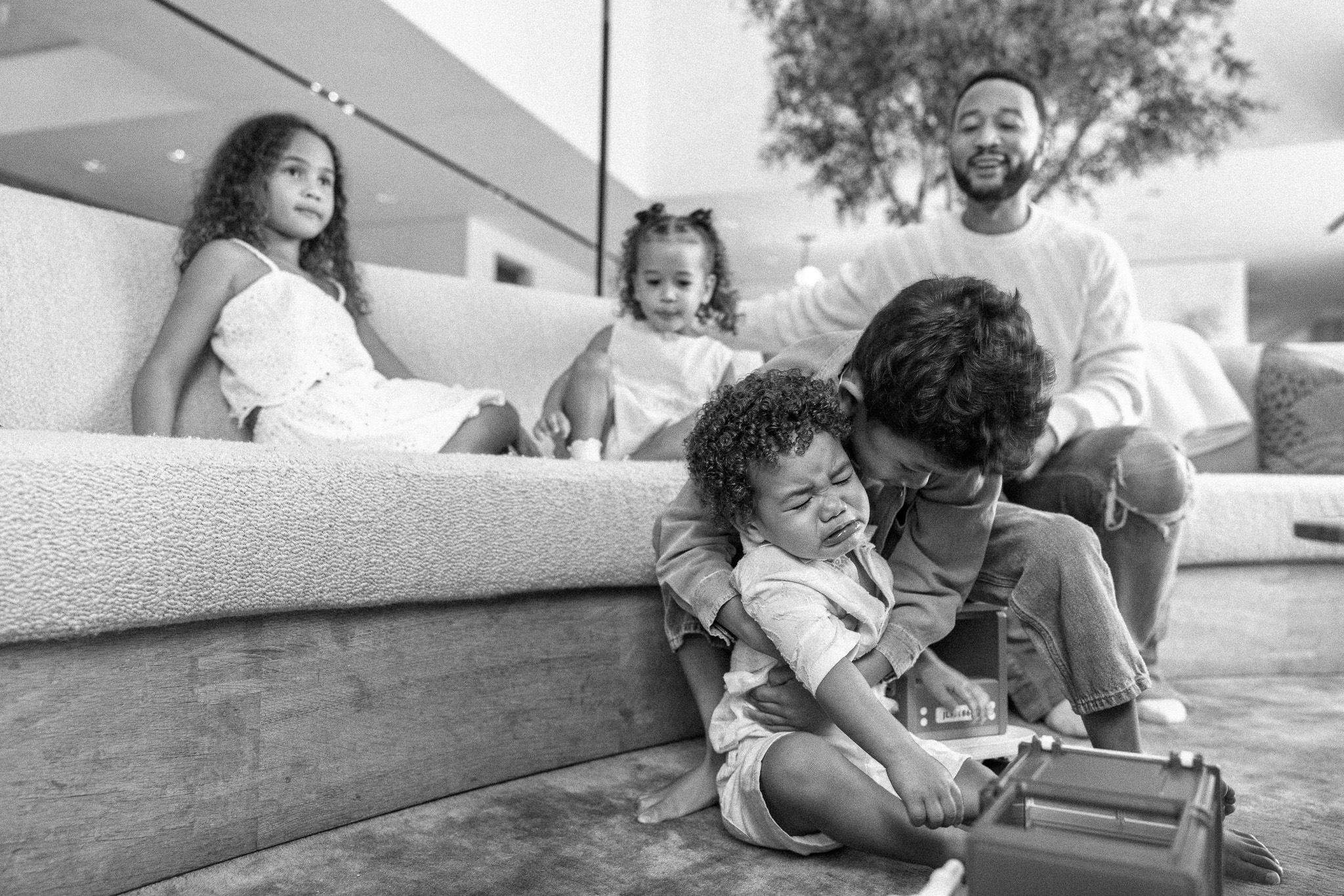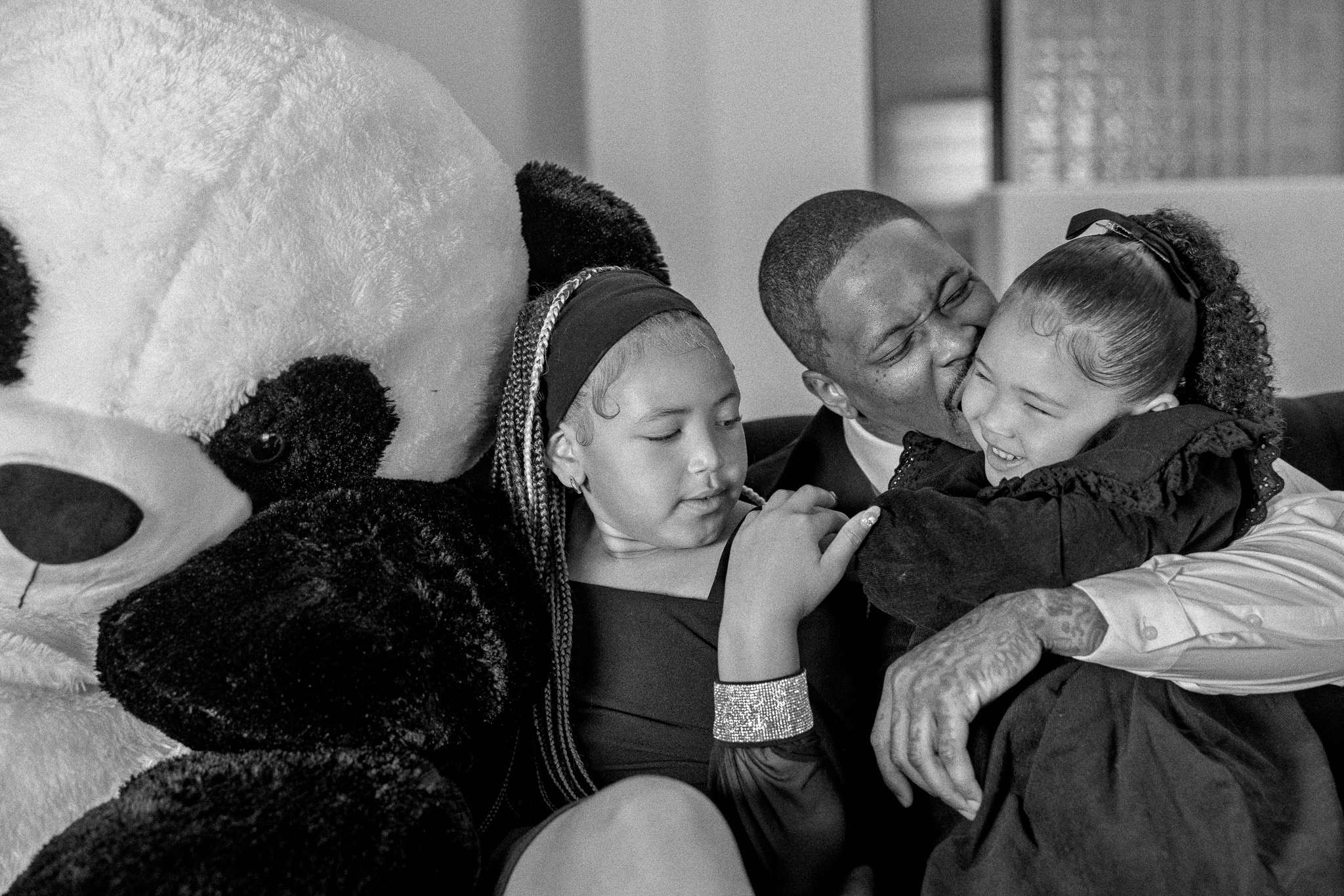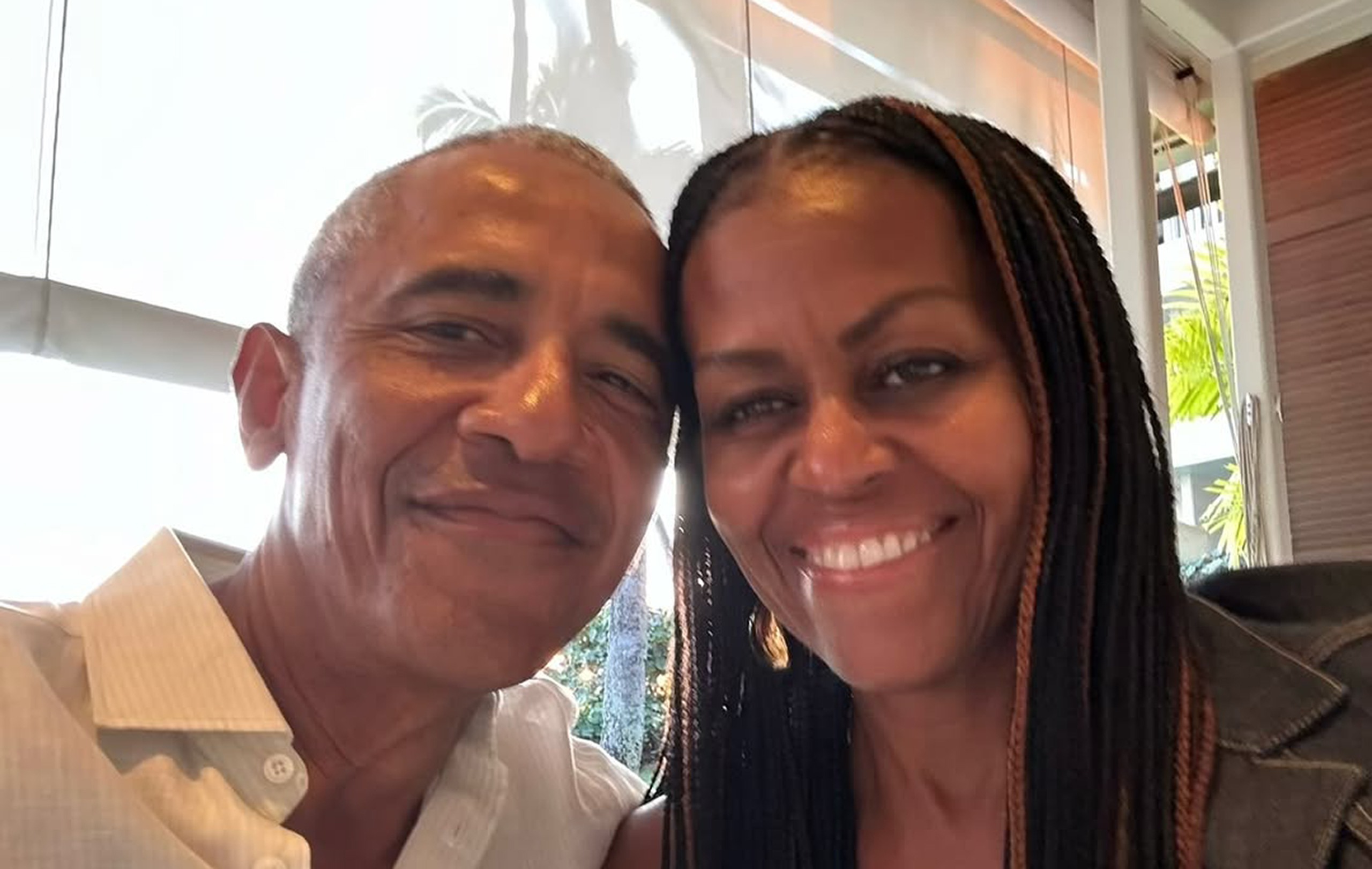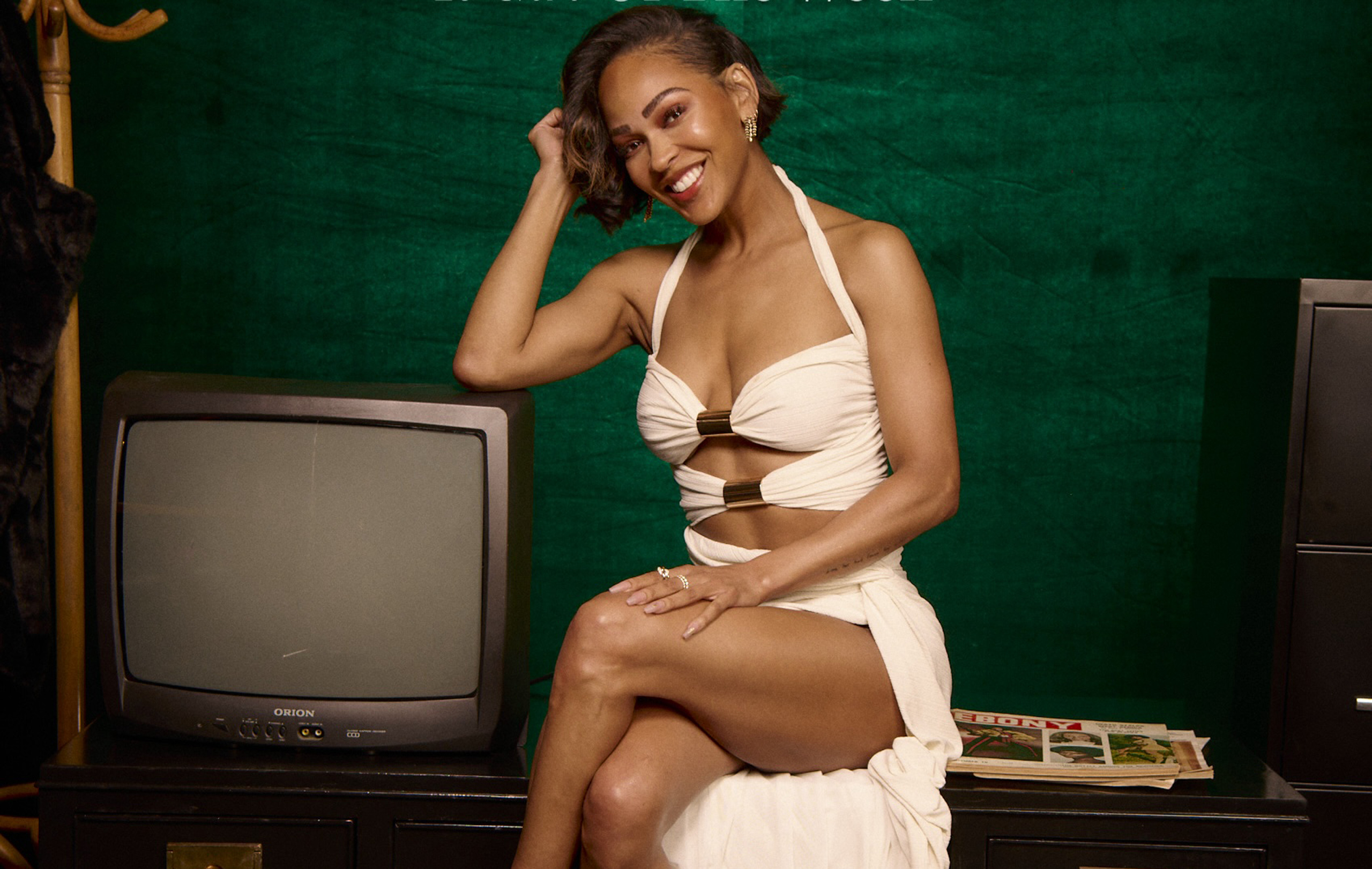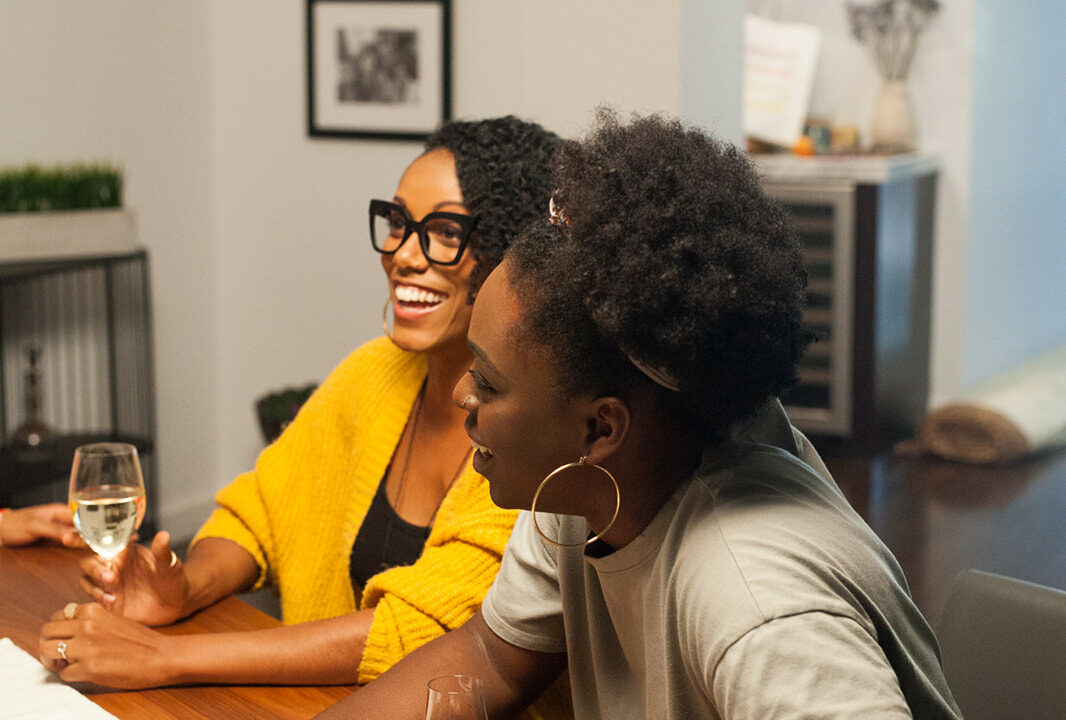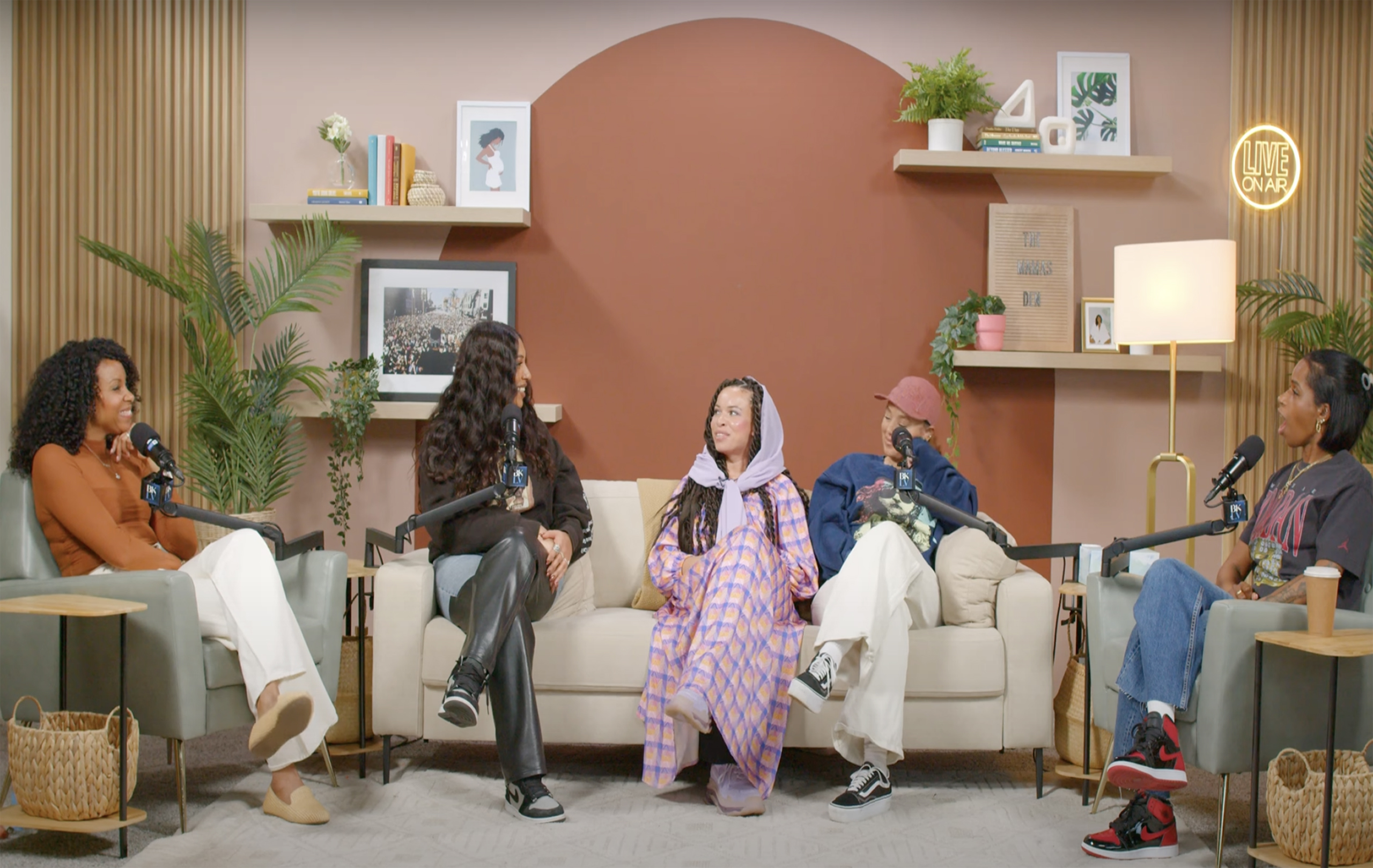
Screenshot
This week on The Mama’s Den, the hosts are joined by none other than Blair Imani—educator, creator of the Smarter in Seconds video series and host of the Thoughts About Feelings podcast. In honor of Black Maternal Health Week, she’s here to school us on the realities of reproductive justice, the power of social media to educate and organize, and why it’s so important to have honest conversations about pregnancy loss and maternal health in Black communities.
The episode, available to listen to now on all podcast platforms, dives into everything from Blair’s early career at Planned Parenthood to the emotional and physical toll of losing a pregnancy—and how she’s navigating the journey to conceive once again.
From the moment Blair joins the conversation, it’s clear that this isn’t just another interview. It’s a heartfelt and eye-opening discussion that highlights both the personal and systemic challenges Black women face when it comes to reproductive health. Blair speaks openly about her miscarriage, noting how rarely these experiences are discussed—even though they’re incredibly common.
“I feel like we talk about things…so passionately and openly in our communities,” she says. “But at the same time, when it comes to things like pregnancy loss, it’s so taboo. So many people — so many of our mothers, grandmothers, aunts — have gone through this quietly and silently.”
Blair’s vulnerability is powerful. She explains that working at Planned Parenthood in her 20s made her feel like every space should be open to conversations about abortion, fertility, and miscarriage. But once she started talking about her own experience outside of that bubble, she realized how deeply uncomfortable and unprepared most people are to talk about pregnancy loss.
“I think being at Planned Parenthood in my early 20s really warped my mindset that like, ‘Okay, everywhere is where you talk about your abortion. Everywhere is where you talk about your miscarriage,’” Blair reflects. “And so when I started talking about my miscarriage and I started seeing the reactions of people…”
It’s moments like these that show just how important it is to normalize these conversations. As Blair points out, we can’t advocate for full reproductive justice if we’re only willing to talk about the easy parts.
“If we’re gonna be advocates for full reproductive justice and maternal health, then we have to talk about the difficult parts too,” she says. “Because it makes it less difficult.”
Of course, this episode wouldn’t be complete without some hard-hitting facts—and Blair brings them. She reminds us that Black women in the U.S. are 3.5 times more likely to die during childbirth than white women, a stat that should alarm everyone. But rather than leave us with the weight of that truth, she offers a lifeline: resources and organizations that are actively working to change those outcomes.
“That’s a horrible statistic,” Blair says. “But with that information, there’s been so many amazing organizations, and I’d like to shout out a few.”
And shout them out she does. Blair name-drops several powerful groups, including:
- Black Women’s Health Imperative – Focusing on a full-spectrum approach to Black women’s health and wellness.
- Black Mamas Matter Alliance – Centering Black women in the fight for maternal health justice.
- Birth Fund – Launched by Elaine Welteroth to help fund births and ensure birthing people have the support of trained birth workers.
- SisterSong – A collective working for reproductive justice for women of color.
- In Our Own Voice: National Black Women’s Reproductive Justice Agenda – Advocating for the rights and health of Black women and LGBTQ+ people across the country.
Blair emphasizes that these groups aren’t just offering lip service—they’re doing the real work, on the ground, in the courtrooms, in hospitals, and in our communities. This conversation also reminds us of the importance of equipping each other with knowledge. Blair shares that community spaces like The Mama’s Den—where people feel safe enough to talk about real, raw experiences—are essential to shifting the culture.
And if you’re wondering what to do with all this information, Blair’s got you covered. She encourages listeners to take action, to support and donate to the organizations mentioned, and to use what they’ve learned to make informed choices in their own lives.
“When I talk about that 3.5 statistic, I immediately want to direct people to resources,” she says. “If you find that troubling and you wanna do something about it, you can get involved. We don’t have to just be condemned to have this terrible statistic. We can change things.”
Whether you’re someone who’s experienced pregnancy loss, someone preparing for parenthood, or someone who just wants to better support the Black women in your life—this episode is for you. For more information, check out the episode now on all streaming platforms and Black Love’s YouTube channel.
Related Articles
Divorced Sistas explores the reality of marriages at their breaking point, communication in marriage, healthy friendships and more.
John Legend shows the beauty of Black fatherhood in this Father Noir feature—love, presence, and parenting four kids with Chrissy Teigen.
Rapper YG is an example of Black fatherhood, raising daughters Harmony and Vibe and breaking generational cycles, as shown in this powerful Father Noir feature.
Featured Articles
The vision for our engagement shoot was to celebrate ourselves as a Young Power Couple with an upcoming wedding, celebrating our five year anniversary - glammed up and taking over New York.
When Elitia and Cullen Mattox found each other, they decided that they wanted their new relationship together, their union, to be healthier and different.
Let’s take a trip down memory lane and revisit 10 times Michelle Obama gave us a masterclass in love.
Meagan Good and DeVon Franklin’s new relationships are a testament to healing, growth, and the belief that love can find you again when you least expect it.
Celebrate their marriage and partnership with the release of the documentary “Time II: Unfinished Business”
Yes, I wanted my mom to still love me, but I needed her to love me. I wanted to know that by opening up about this part of my life she could actually love me more fully.

